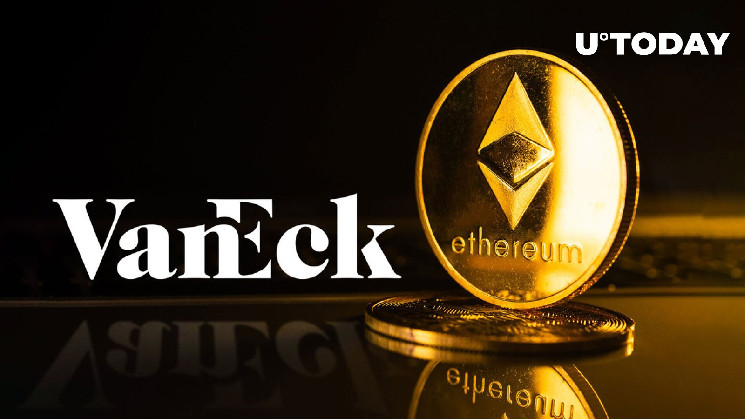New York-headquartered financial giant VanEck recently outlined its $1 trillion base case valuation case for Ethereum layer-2 (L2) solutions.
L2s solve the scalability problem by handling most transactions off the main blockchain. The main types of L2s include zero-knowledge roll-ups (ZKUs) and optimistic roll-ups (ORUs).
In its lengthy report, VanEck predicts that L2s will be able to surpass Ethereum in terms of revenue due to the former’s limited transaction throughput. With that being said, the firm is bearish on the lion’s share of L2 tokens since they are not the base money in the crypto ecosystem.
VanEck believes that a slew of roll-ups for specific use cases will emerge in the future while a few general-purpose L2s will be ruling the roost. For instance, a separate rollup could be used for hosting a social media network.
The firm has singled out Optimism, Arbitrum, and Blast as the L2s that have managed to build pretty vibrant ecosystems. Their success was achieved partially due to successful airdrops that managed to attract a lot of interest within the cryptocurrency community.
In order to measure the level of success of a certain layer-2 solution, VanEck uses such variables as transaction pricing, user experience, trust assumptions, ecosystem size as well as developer experience.
According to data provided by DefiLlama, Arbitrum is the fifth biggest protocol by total value locked with $3.18 billion. Blast comes in sixth place with $1.3 billion. For comparison, Optimism is in 11th place with $1.13 billion.
In other news, Ethereum co-founder Vitalik Buterin recently revisited his post about layer-3 (L3) solutions, in which he opined that different layers are supposed to have different purposes for such a solution to be reasonable.


